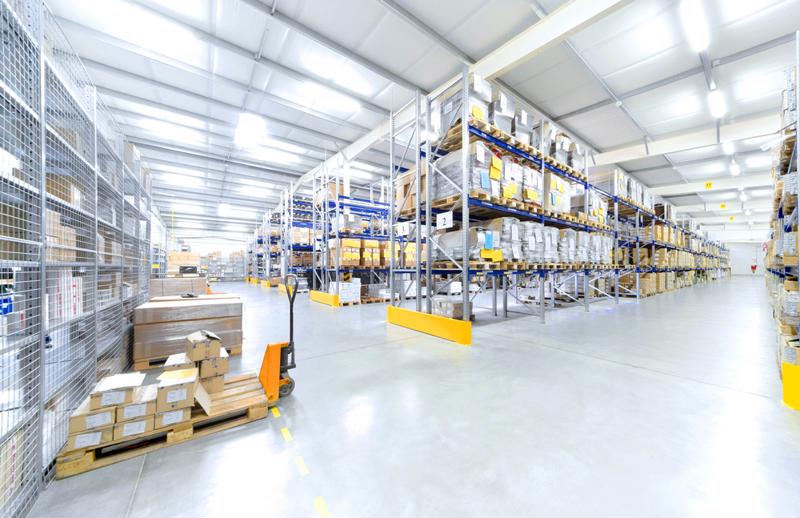But with most household name franchises and retail chains able to navigate the pandemic (mostly) successfully, what's their secret? If you ask their executive officers and stakeholders, size matters.
Greater visibility yields better predictability
In a September conference call, Lowe's CEO David Denton noted that the company's supply chain is in a better position today than back in 2020. Denton said that this was attributable to larger orders and better visibility into what product offerings it sells with the greatest frequency. Being armed with this information gave Lowe's suppliers the information they needed to make "bigger runs in their lines," Denton said.
He also attributed Lowe's supply chain successes to the company's vast footprint.
"I do think the scale and breadth of our supply chain and the size of our import business is at a level that allows us to, one, get capacity into those channels; and two, negotiate, I'll say, the best price possible, given the conditions that are happening right now," Denton explained.
He added that the company's ability to get a read on customer demand enabled Lowe's to identify buying patterns and ultimately order more product in advance of the shopping rush. According to Lowe's website, the home improvement franchise has over 2,200 stores in North America, including 142 in Texas alone.

Levi's CEO: We have 'a competitive advantage'
In a separate earnings call, Levi Strauss's CEO made a similar observation. Chip Bergh said the jeans company's reach and name recognition gave it a "competitive advantage" relative to other clothing suppliers, noting that Levi's has sourcing resources in approximately two dozen countries.
"We did this to avoid concentrations to be less exposed to bottlenecks in production capacity, like what's going on currently with Vietnam, where our exposure is less than 4% of our global volume," Bergh said.
Tobias Schoenherr, a professor of purchasing and supply chain management at Michigan State University, told Supply Chain Dive that generally speaking, larger companies do tend to perform better amid supply chain disruptions. This is due to their influence and ability to leverage more resources. Additionally, because they bring ongoing business to suppliers, they tend to get preferential treatment in comparison to independent operations.
At the same time, though, being a small-business owner has its perks. Schoenherr added that the entrepreneurial spirit that so many entrepreneurs have enables them to be strategic, think critically and make quicker changes in instances where one strategy doesn't go quite as planned.
Still supply chain experts urge small-business owners to diversify their suppliers as much as possible so they aren't reliant on one and can pivot when products are unavailable.



Post A Comment:
0 comments so far,add yours